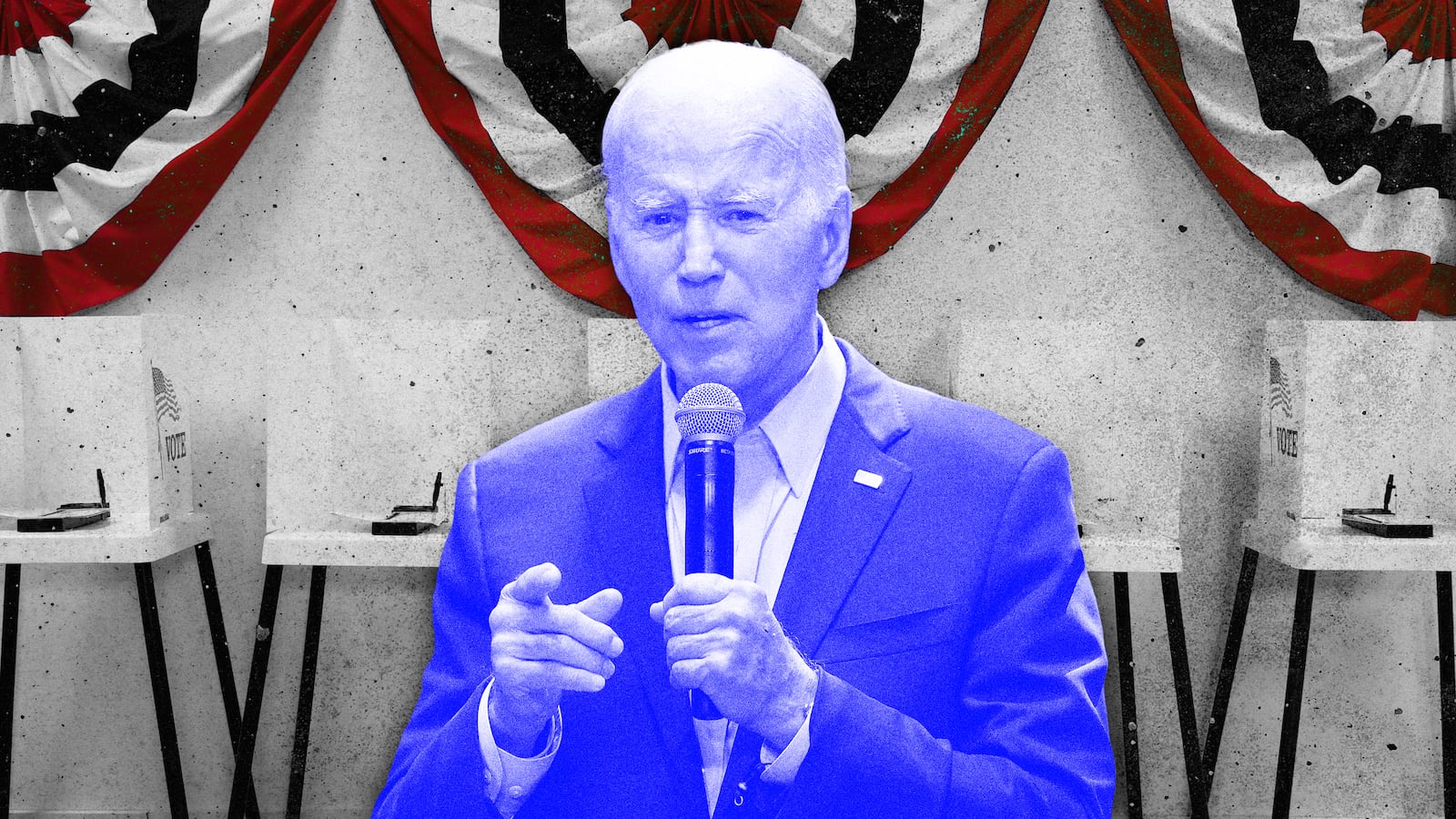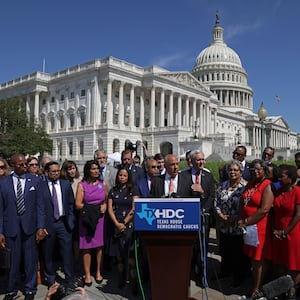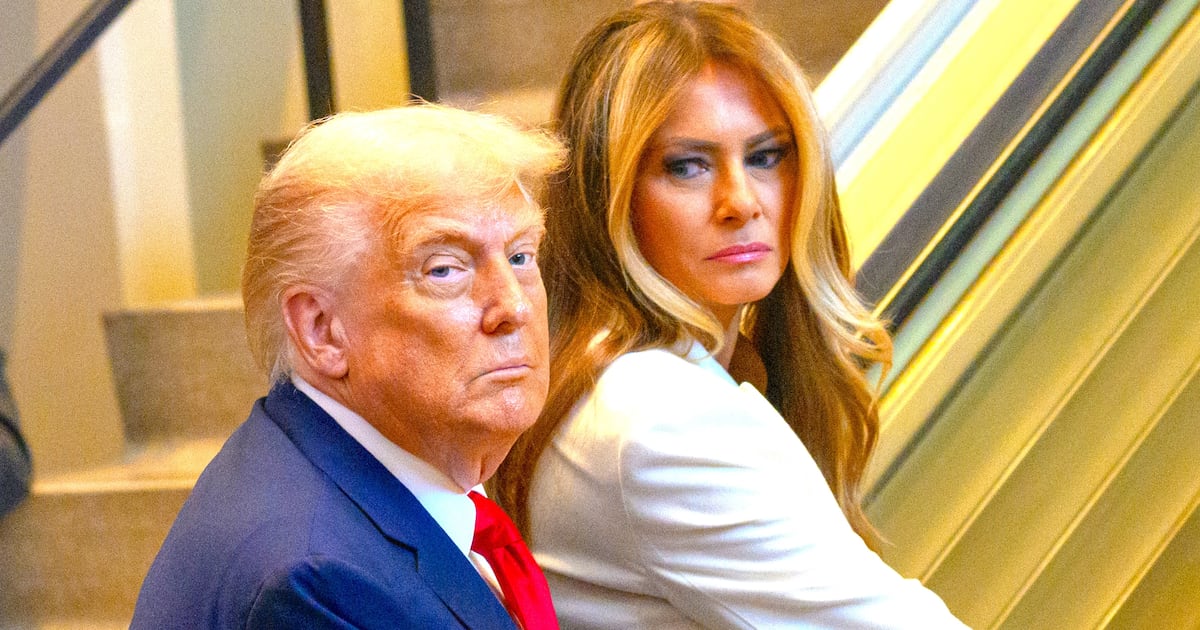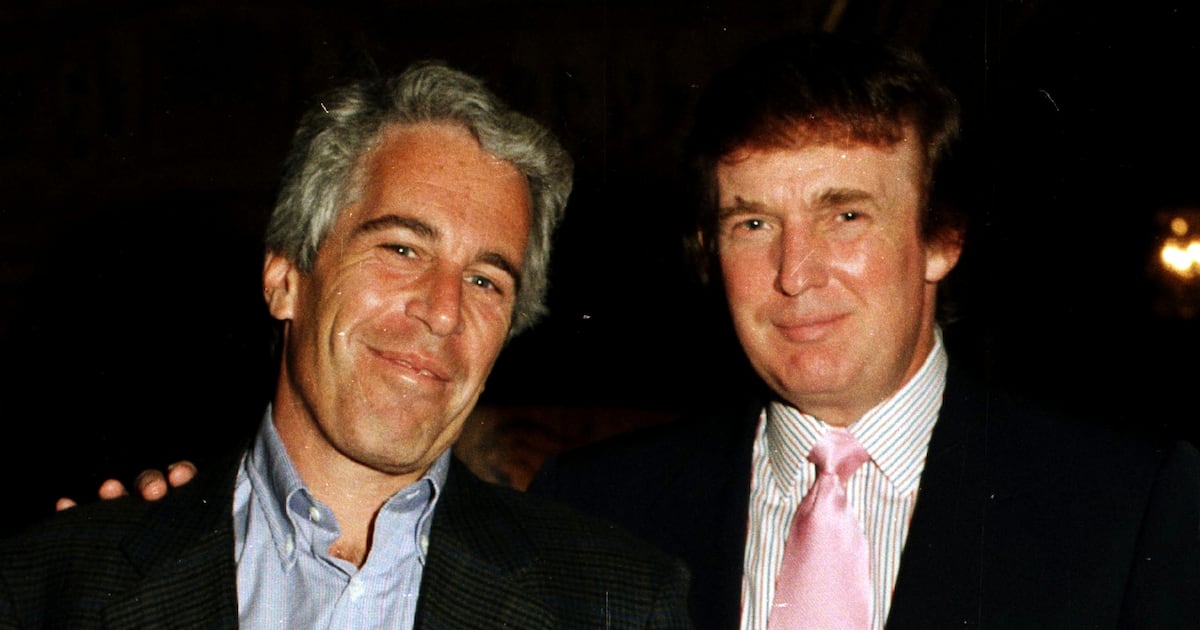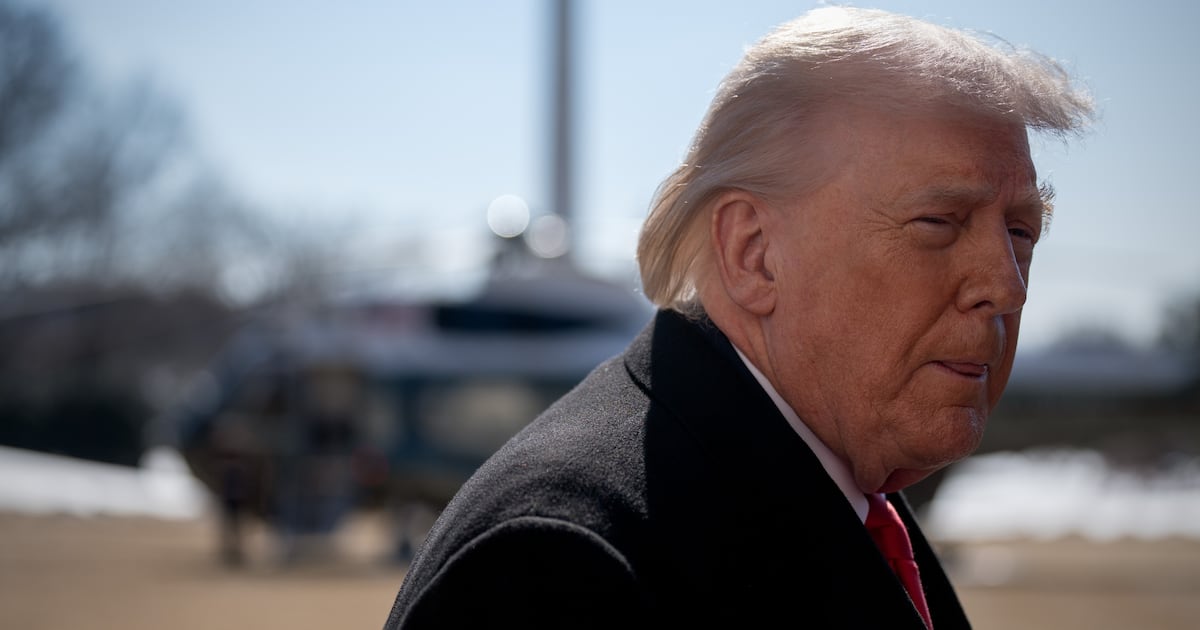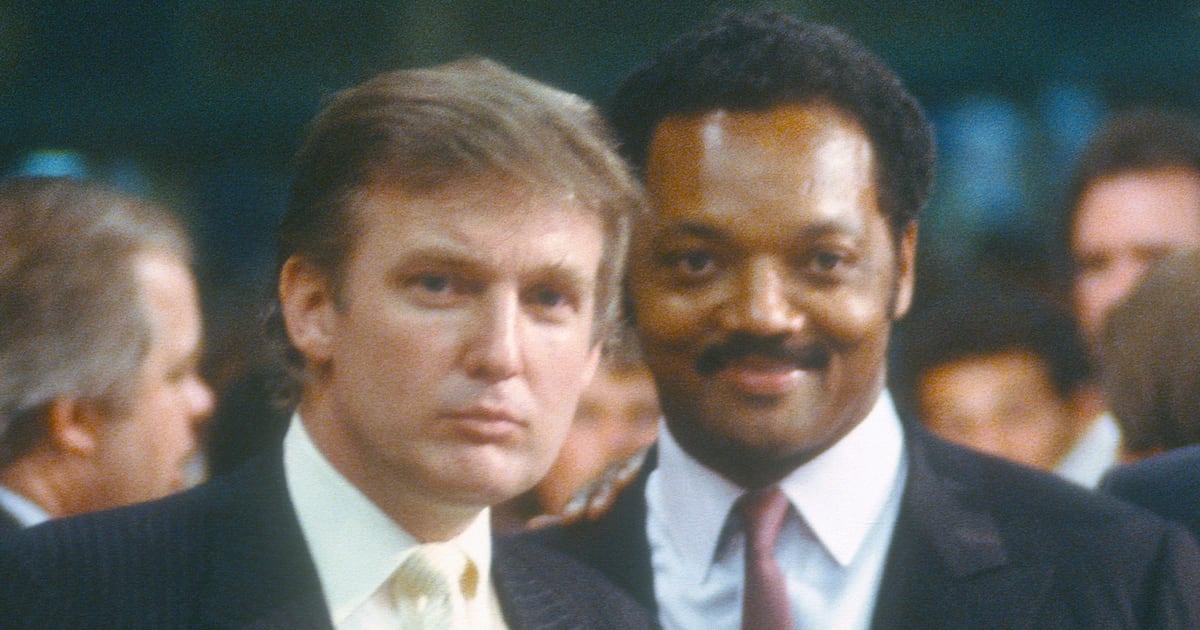President Joe Biden spent the closing days before the midterm elections that could seal the fate of his legislative agenda focused on one paramount issue: the direct threat to democracy posed by many of the Republicans on ballots across the country.
“We have to reaffirm the values that have long defined us,” Biden said in Philadelphia on Saturday. “In America, the vote is sacred. The vote is to protect and be protected and counted.”
“Democracy,” he told a crowd in Bronxville, New York, on Sunday, “is literally on the ballot.”
“There are 300 election deniers running on the Republican ticket this year,” he urged voters in Bowie, Maryland, on Monday, in his final public event before election day, a giant sign reading “BUILDING A BETTER AMERICA” in the backdrop. “To these deniers, there’s only two outcomes in their view of the election: either they win or they were cheated—one of the two.”
“You can’t only love your country when you're winning.”
But for the president who vowed to help heal “the soul of America,” as he has said so many times on so many campaign trails over the past three-and-a-half years, the dream of shattering the collective delusion that his own presidency is a fraud appears no closer to realization than on the day he took office. And while his closing midterm election message is foundational to the very idea of elections itself, its importance to actual independent and Democratic voters is on far shakier ground.
Surveys of likely voters across parties indicate that the economy, not the stability of democracy itself, is of the utmost importance. And that nearly two years after an attempted insurrection at the U.S. Capitol, the issue of “election integrity” is sometimes of more significance to Republican voters than Democratic ones—albeit for reasons of preventing the supposed fraud of Biden’s election, rather than an awakening from the mass-scale fantasy of that same fictional conspiracy.
Even Democrats, who stand to lose the most if the hundreds of Republican candidates who have publicly supported the conspiracy theory that Biden stole the presidency end up in office, are equally as animated about abortion as they are about the future of democracy in the United States.
According to one person close to the president, the idea that every American is operating from the same set of established facts—that he won the 2020 presidential election without the aid of a vast and intricate conspiracy to steal the presidency, most importantly—is the closing message of every set of recent remarks for a reason.
“Yes, he thought the fever would break,” they said. “And for a million reasons, from Fox News to Twitter to [Congressman] Kevin McCarthy, it hasn’t. And that weighs on him.”
One reason Biden may never be able to shake his confidence—or naivete, depending on your view—that the country’s government can be restored to the consensus-driven middle ground of his decades in the Senate is his unshakeable belief in the power of consensus, another longtime ally said.
“In my experience with him, I’ve seen him apply that premise of finding good individuals to build consensus, to get things done,” Delaware state Sen. Darius Brown, a former project assistant in Biden’s Senate office who helped manage his domestic portfolio, told The Daily Beast, summing up a lesson he first learned in Biden’s office. “No matter the individual that’s elected, that’s a colleague of yours—recognize that there is an electorate that saw something good in them, and elected them, so it is your responsibility to find that good.”
Biden is not alone in revisiting, again and again, perceived threats to American democracy even as voters express more apprehension about kitchen table issues. Speaking in Philadelphia on Saturday, former President Barack Obama urged rallygoers to keep the future of the franchise at the front of their minds—no matter how much economic and other concerns might crowd it out.
“I understand that democracy might not seem like a top priority right now, especially when you’re worried about paying the bills,” Obama said. “But when true democracy goes away, we’ve seen throughout history—we’ve seen around the world—when true democracy goes away, people get hurt. It has real consequences.”
When democracy withers, Obama continued, “it’s hard to restore. You can’t take it for granted. You have to work for it. You have to nurture it. You have to fight for it.”
But if polling is any indication, even with his popular former running mate taking up the issue, Biden’s pitch on the restorative power of consensus to break partisan gridlock is a failing one. Or at least, according to one senior Democratic, not a strong enough message to overcome the kitchen-table economic frustrations that have party insiders fretting about a “colossal” disaster on Tuesday night.
“We’re gonna get creamed,” a senior aide to a prominent Democrat on Capitol Hill told The Daily Beast resignedly. “There’s not, like, a little ticker showing you how many Black voters in Georgia are going to get stripped from the voter rolls if Republicans win every time you fill up your car. Americans can’t ‘see’ the death of democracy in the way that they can a grocery bill.”
“It’s important, no question, but it’s so hard to get to work as a message when the other side is being told that election integrity is the way to bring down the Biden administration.”
In Maryland, Biden acknowledged that believers in the conspiracy theory of his own false election are, in a way, victims themselves.
“It’s so easy to cast aspersions against people who might not believe the results of an election,” Biden said. “But in many ways, I think that they are victims of other broader conspiracy and misinformation machine.”
But as Biden and other Democrats quote Benjamin Franklin’s hopes for a new form of government at the Constitutional Convention—“a democracy, if you can keep it”—the fear is that after Tuesday’s election, democracy may no longer be in hand.
“He will never lose his faith in this country’s ability to come together,” the longtime adviser said. “Even if the rest of us do.”

